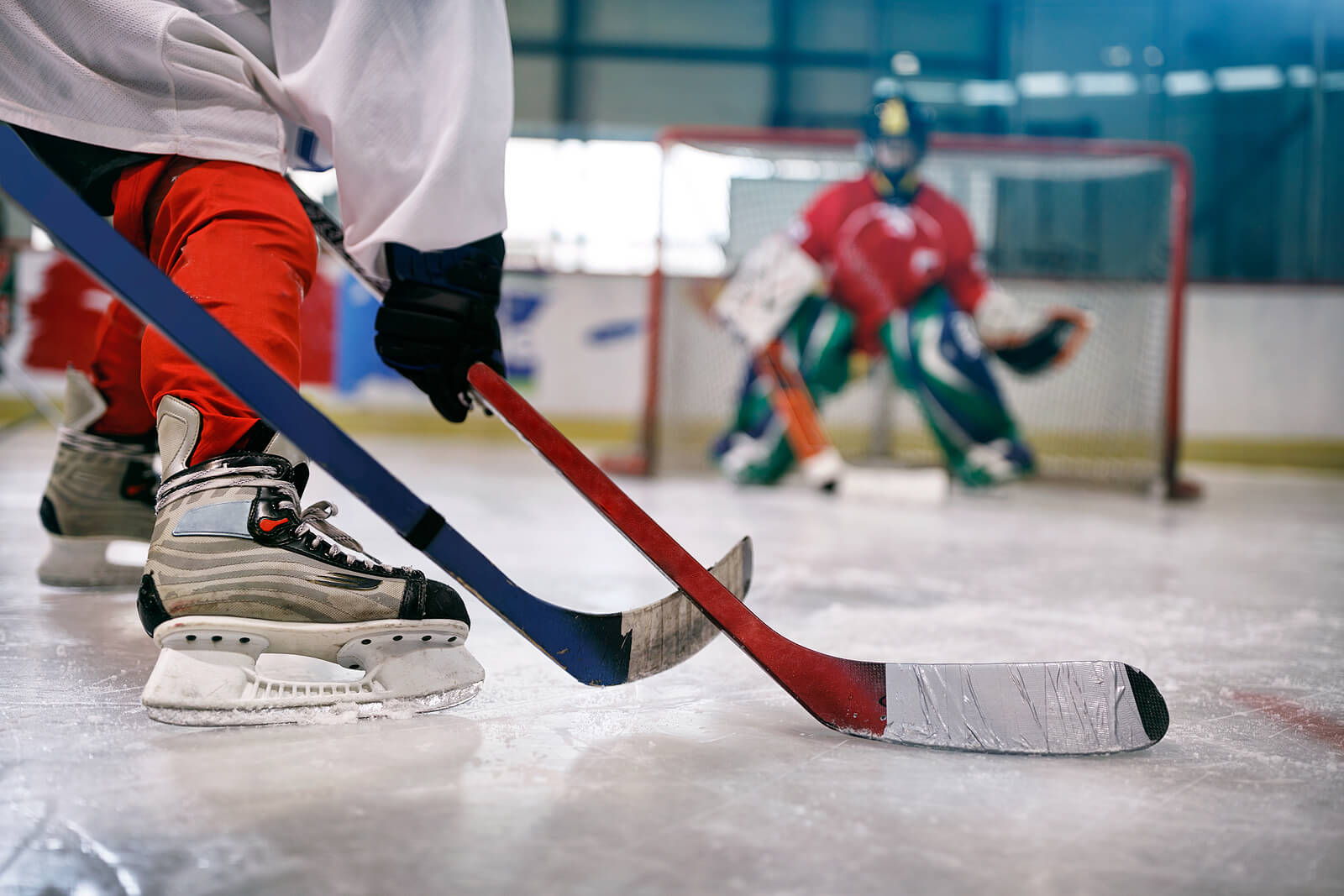Participating in sports offers many health benefits and can be a fulfilling part of your life. However, if you wear hearing aids, you might face unique challenges. Understanding how to maneuver through these challenges will help you stay active while protecting your hearing aids and ensuring your safety.
When deciding on hearing aids for sports, consider their durability and features. Sports often involve vigorous movements, sweat, and varying weather conditions. Look for hearing aids designed to withstand these elements. Many brands now offer models specifically designed for active lifestyles—they are water-resistant, secure, and come with features like sweat-resistant casing.
Other important features include:
- Wind Noise Reduction: Helps improve sound quality during outdoor activities.
- Directional Microphones: Enhance your ability to hear conversations or instructions from a coach.
- Sweat Resistance: Protects the internal components from damage caused by moisture.
Pre-Game Preparation
Proper preparation is key before you hit the field, court, or track. Start by checking your hearing aids to ensure they are fully charged or have fresh batteries. Additionally, consider wearing a moisture-resistant sweatband or headband. This can help keep sweat away from your hearing aids, further protecting them.
Protective Gear for Hearing Aids
Wearing protective gear is an important step to ensure your hearing aids stay secure. In addition to a sweatband, consider using adhesive strips or retention cord clips specifically designed for hearing aids. These accessories prevent your hearing aids from shifting or falling out during vigorous activity.
For sports requiring helmets, such as football or baseball, ensure your hearing aids fit comfortably underneath. Some helmets have adjustable padding that can accommodate hearing aids without adding pressure.
Communication Strategies
Good communication is important in any sport. To maintain clear communication, position yourself where you can see your teammates’ faces. This way, you can rely not only on hearing but also on visual cues like lip-reading and gestures.
Consider using Bluetooth-enabled hearing aids if available. These devices can connect directly to a coach’s microphone or other communication systems, which can help you receive instructions more clearly.
Handling Moisture and Sweat
Sweat and moisture are inevitable during sports, but managing them can make a huge difference. Use hearing aid dehumidifiers after practice or games to dry out your devices. This helps extend their lifespan and ensures they function correctly.
Another tip is to carry spare batteries or a portable charger if you’re using rechargeable hearing aids. This keeps you prepared if your hearing aids stop working unexpectedly due to moisture interference.
Post-Game Care
After finishing your activity, take a moment to care for your hearing aids. Clean them with a dry cloth to remove any sweat or moisture. Check for any signs of damage or wear and tear, and address any issues promptly to ensure your hearing aids remain in good condition.
Storing them in a dehumidifying case overnight can also help maintain their effectiveness by removing any residual moisture.
Staying Safe and Enjoying the Game
Safety should always be your priority. Ensure your hearing aids fit well and are properly secured before engaging in any sport to prevent injury. Continually assess the condition of your hearing aids and replace them if necessary, especially if they show signs of damage.
Balance your enthusiasm for sports with proper care for your hearing aids. By taking these steps, you can confidently participate in any sport, ensuring your hearing aids support you rather than hinder you.

